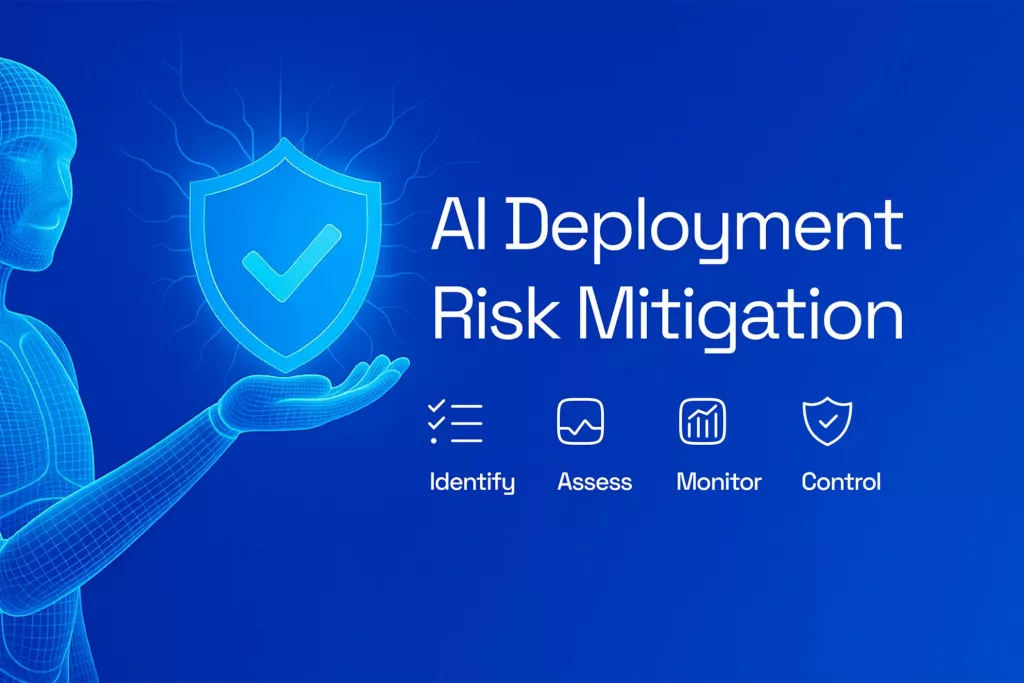
However, there are much more points to asses when selecting the right vendor. From financial health to roadmap or maintenance services, you should check these when it comes to selecting a new vendor.
Company size and experience
A larger company often indicates stability and will have a proven track record in providing software solutions.
Financial health
The financial health of a software vendor is essential since it reflects their stability and sustainability, hence their ability to support your project.
Resources and workforce
You'll probably want to check the vendor's technical expertise, skills and certifications of their employees.
Scalability
Aggresive growth will require a vendor that is able to scale in parallel with your company.
Support and maintenance services
Some essential suport indicators could be response time, their availability and their approach to handling issues and updates.
Client base and references
References from similar industries or projects will help decide whether the vendro has enough expertise to understand specific business needs, industry standards and so on.
Vendor's roadmap and innovation
Checking for the vendor's R&D investments, their take on emerging technologies or how they adapt to market trends will also help you make an informed decision.
Partnerships and alliances
A large network of partners could mean easier access to complementary products, expertise or support.
Now, scaling is important since the vendor should be able to grow in parallel with the project. This could translate into increased workload, additional features or evolving requirements.
For example, a small startup could initially contract a three person team for developing a web platform. Two years later, they might reach a turnover of $7 million per year and have an extended team of over 70. Sure, companies that plan aggressive growth will have backup vendors, or use a business model where they work in parallel with a couple of them.
A varied tech stack and a strong HR dept. or another way to replenish/increase the workforce could be beneficial for the above situation. At Zegasoftware, we set up a coding academy that can fulfill our needs on a long enough time frame, as our clients would scale from one initial team to many.
Scaling therefore remains a central point when selecting a vendor, especially if you are responsible for an enterprise project or a startup idea that is planning for an aggressive growth in a very short time frame.



